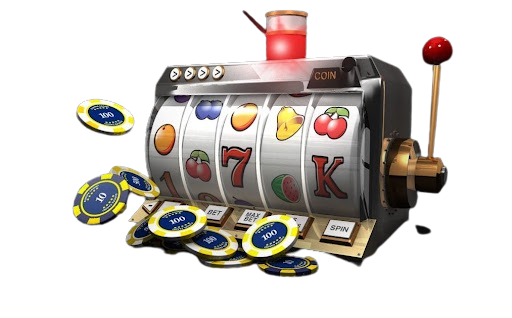Introduction:
Gaming has evolved significantly over the past few decades, transcending its origins as a simple pastime into a multi-billion-dollar industry and a cultural phenomenon. In the 21st century, gaming has become more than just a form of entertainment; it has become a way of life for millions around the globe. From casual mobile games to competitive eSports tournaments, gaming offers a diverse panengg range of experiences that cater to a wide audience. This article explores the evolution of gaming in the modern era and its impact on society.
The Rise of Gaming Culture:
The turn of the 21st century witnessed a significant shift in gaming culture. With advancements in technology, gaming became more accessible to the masses. The introduction of consoles like the PlayStation 2, Xbox, and Nintendo Wii brought gaming into the living rooms of millions of households worldwide. Additionally, the emergence of online gaming allowed players to connect and compete with others globally, fostering a sense of community and camaraderie among gamers.
The Proliferation of eSports:
One of the most notable developments in gaming has been the rise of eSports. What started as small-scale competitions among friends has transformed into a professional industry with millions of dollars in prize money and sponsorships. Games like League of Legends, Dota 2, and Counter-Strike: Global Offensive have become staples in the eSports scene, attracting millions of viewers to tournaments held in arenas around the world. Professional gamers, once viewed as outliers, are now celebrated athletes with dedicated fan bases.
The Impact of Gaming on Society:
Gaming has permeated various aspects of society, influencing everything from entertainment to education. Video game storytelling has evolved to rival that of film and literature, offering immersive narratives that resonate with players on a personal level. Games like The Last of Us, Red Dead Redemption 2, and The Witcher 3: Wild Hunt have garnered critical acclaim for their compelling stories and complex characters.
Furthermore, gaming has proven to be a valuable educational tool, with studies suggesting that certain games can improve cognitive abilities, problem-solving skills, and even social interactions. Educational games like MinecraftEdu and Kerbal Space Program are being used in classrooms to engage students and enhance learning outcomes.
However, gaming is not without its controversies. Concerns have been raised about the potential negative effects of excessive gaming, such as addiction, social isolation, and violent behavior. As such, it’s essential to promote responsible gaming habits and educate players about the importance of moderation and balance.
The Future of Gaming:
As technology continues to advance, the future of gaming looks promising. The advent of virtual reality (VR) and augmented reality (AR) has opened up new possibilities for immersive gaming experiences. Companies like Oculus, Valve, and Sony are investing heavily in VR technology, with the aim of creating fully immersive worlds that blur the line between reality and fiction.
Additionally, the rise of cloud gaming services like Google Stadia, Microsoft xCloud, and Nvidia GeForce Now promises to make gaming more accessible than ever before, allowing players …



